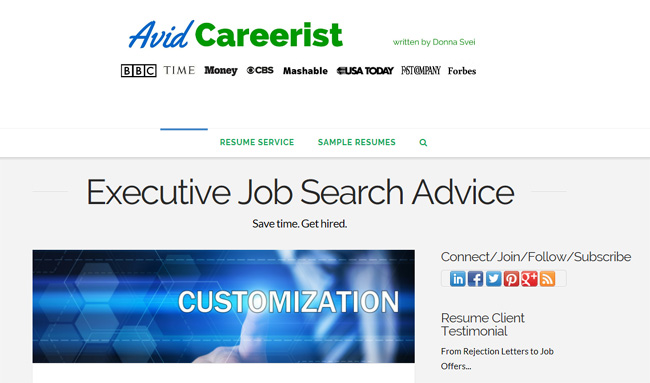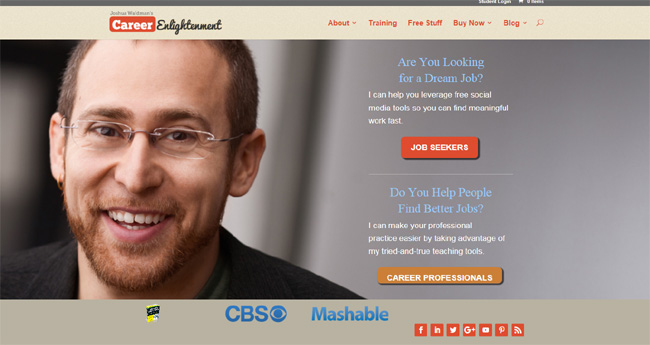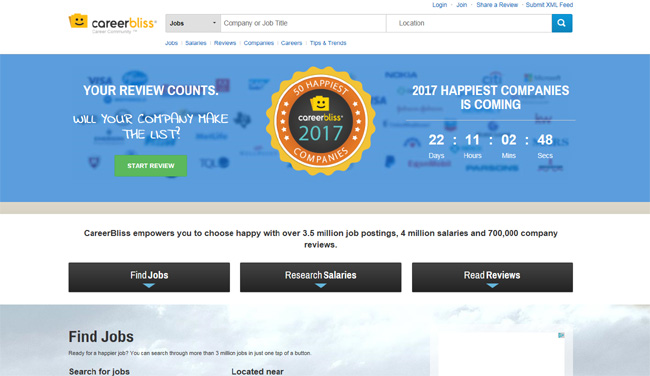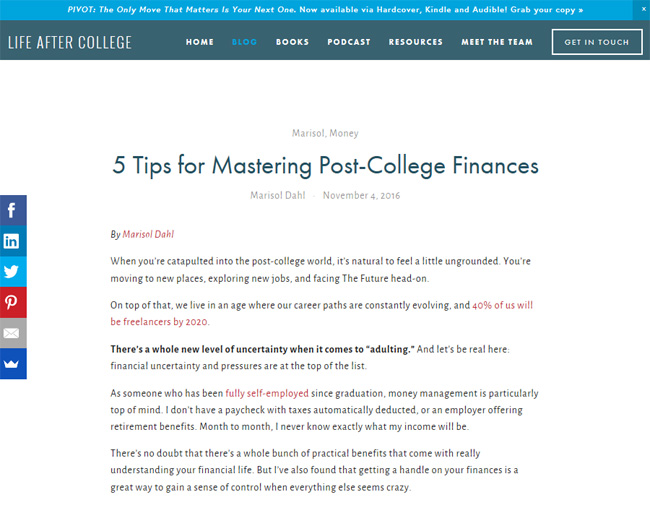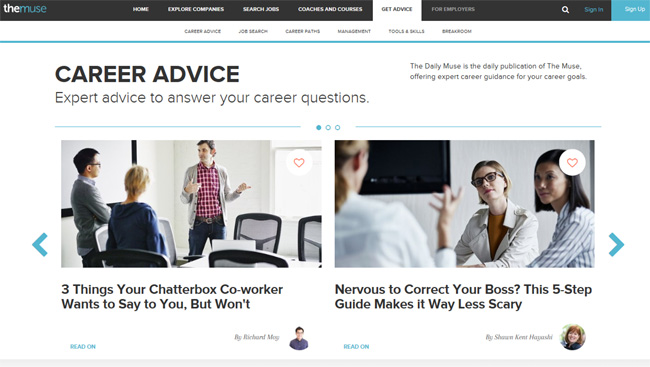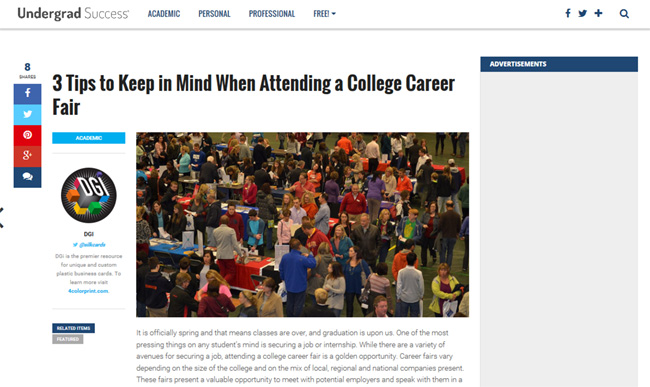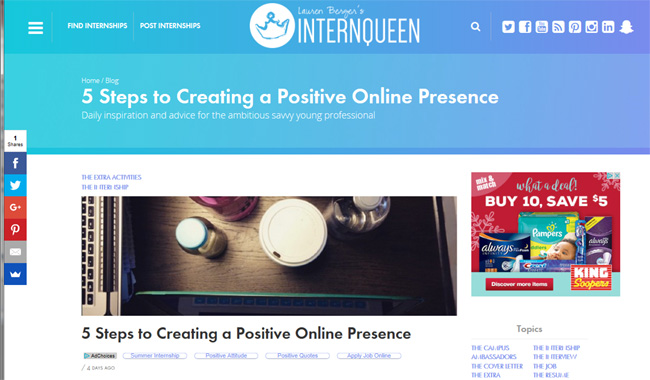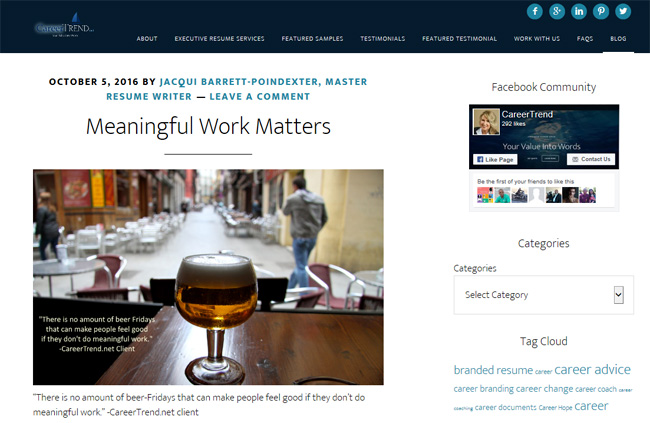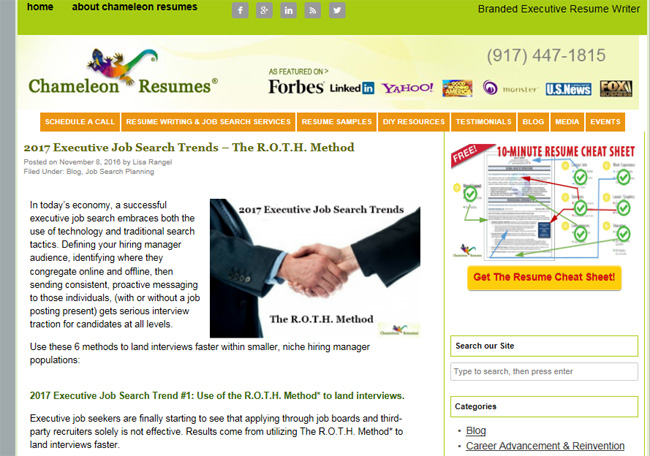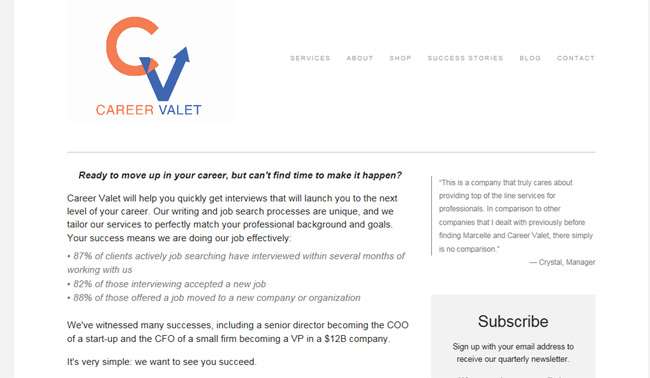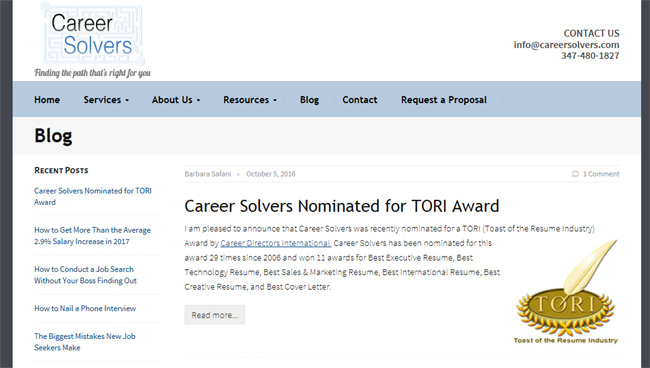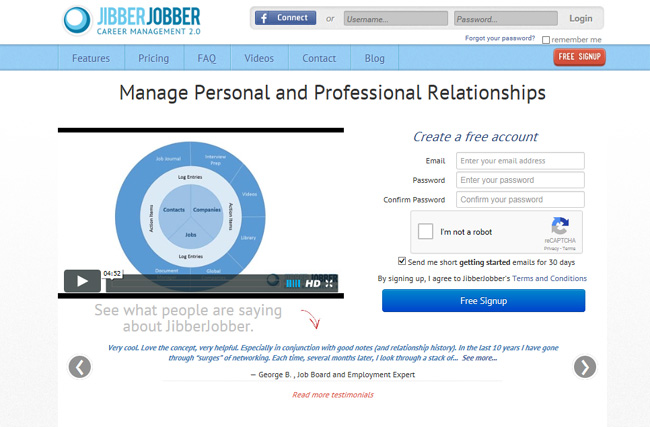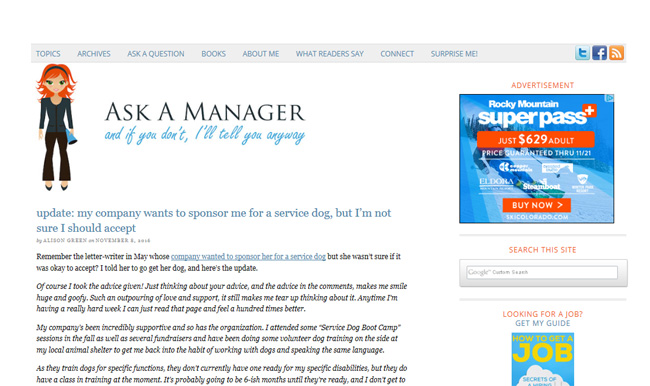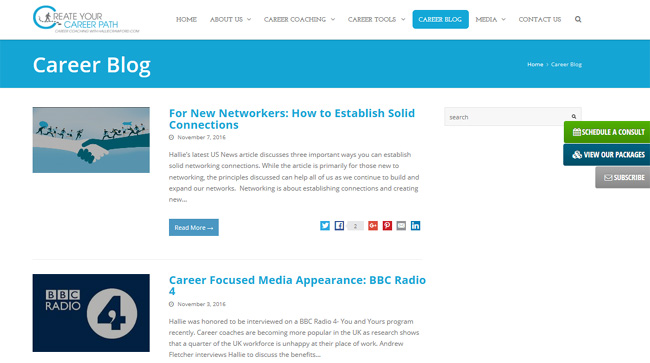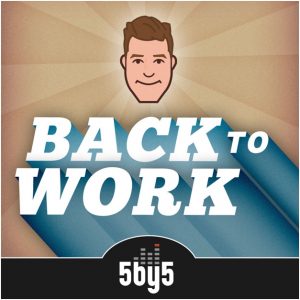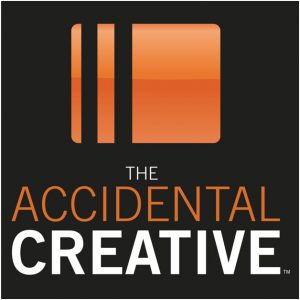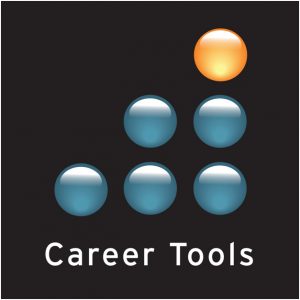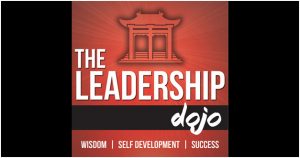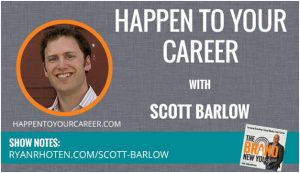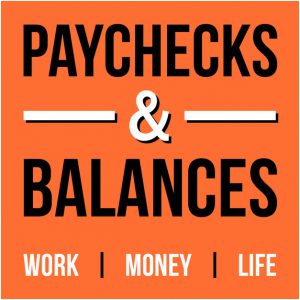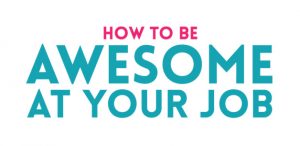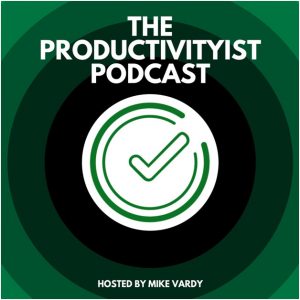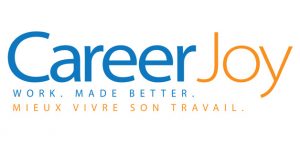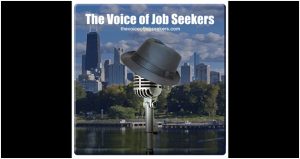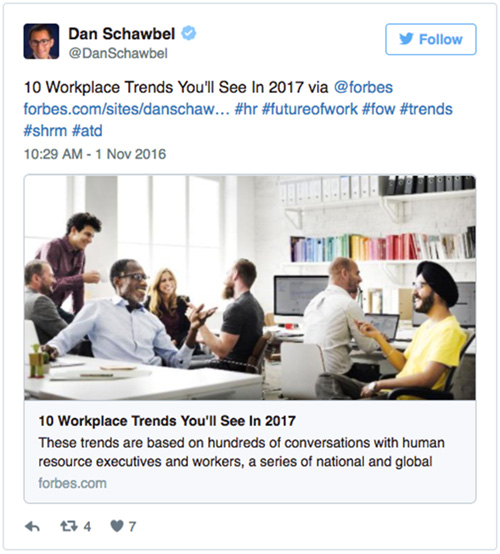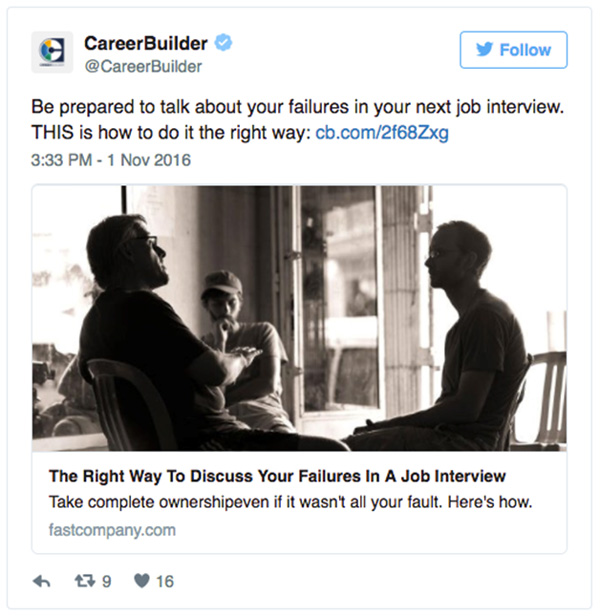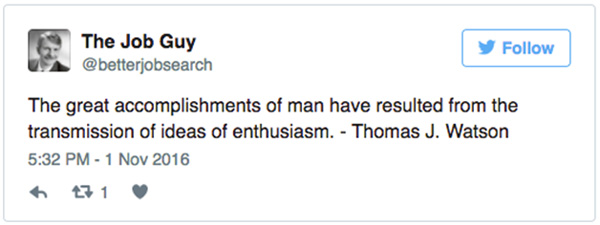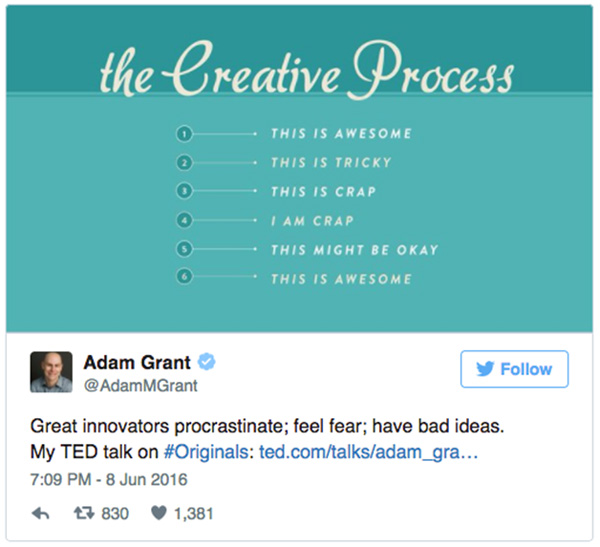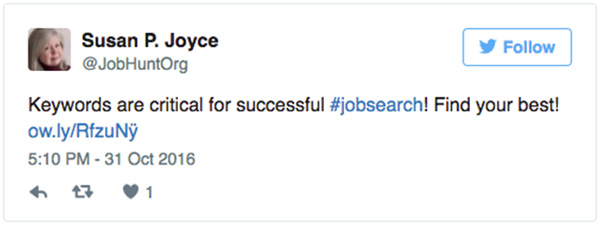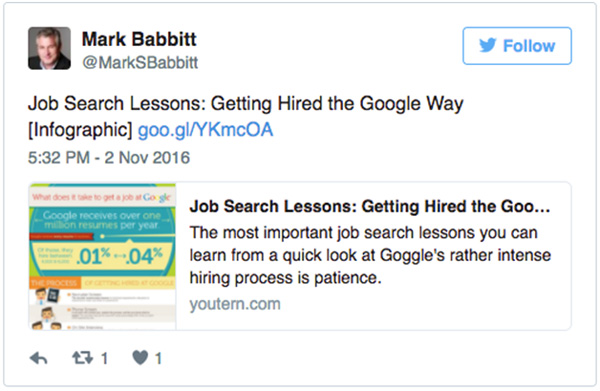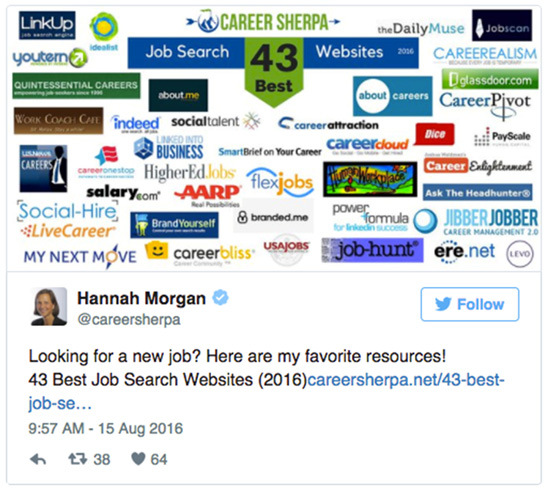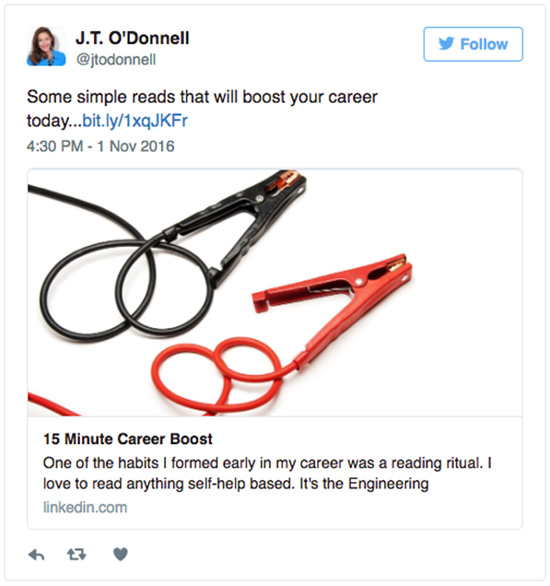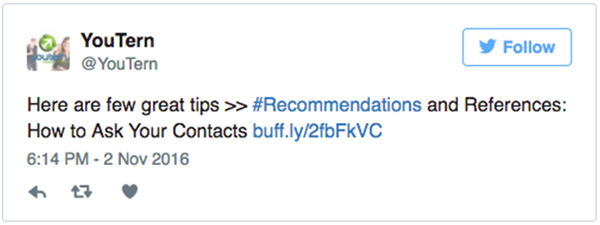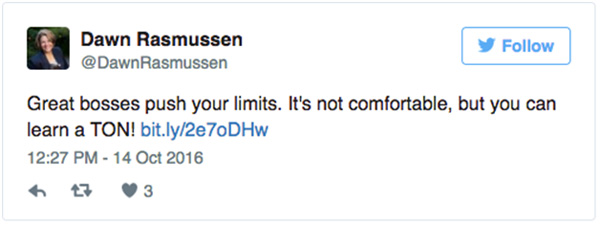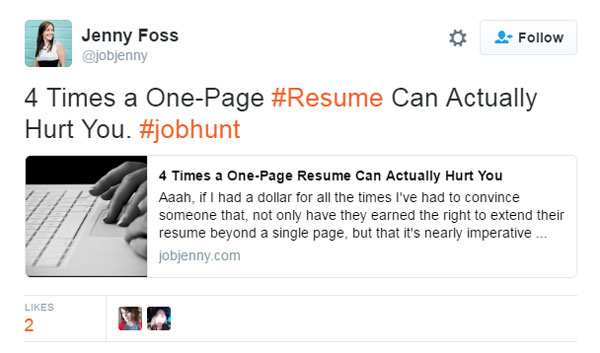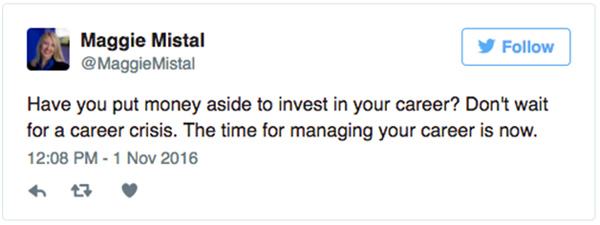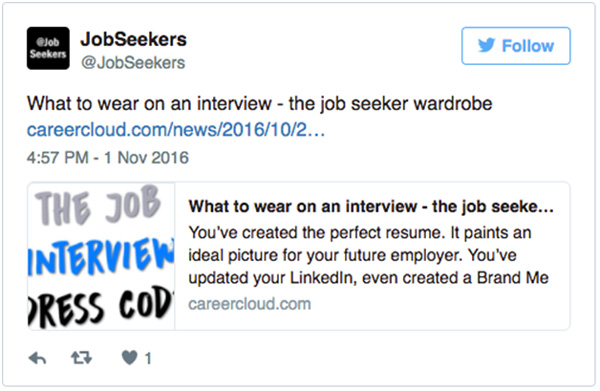83 Jobs That Pay in the $50K Per Year Range
 According to the BLS.gov, the annual median wage is $36,200 per year. So jobs that pay more than $50K a year are quite a bit higher than average.
According to the BLS.gov, the annual median wage is $36,200 per year. So jobs that pay more than $50K a year are quite a bit higher than average.
We put these high paying career lists together so you can search jobs grouped by income bracket. The $50K a year jobs list is full of interesting careers from nearly every industry. Further good news is that there are 83 jobs on this list. So there are a lot of jobs in the $50K a year range and even more if you want to look further up the income bracket.
Jobs in the construction industry paying over $50K a year include structural iron workers, plumbers, and millwrights. Each of these jobs pays significantly more than the annual median wage and typically only requires a High school diploma or equivalent.
Many technician jobs pay in the $50K a year range also. For instance, wind turbine service technicians, industrial engineering technicians, mechanical engineering technicians, and electro-mechanical technicians all earn over $50K a year. In addition, each of these jobs typically requires an Associate’s degree or postsecondary nondegree award or certificate. So that means you can get started without needing years of education.
Take a look at the full list of $50K a year jobs here …
1. Zoologists and Wildlife Biologists
- Median Salary: $59,680 per year according to BLS.gov
- Salary Range: $39,180 to $97,390 per year
- Job Growth: 4% (Slower than average)
- Typical Education: Bachelor’s degree
2. Transit and Railroad Police
- Median Salary: $59,670 per year according to BLS.gov
- Salary Range: $35,160 to $93,720 per year
- Job Growth: 4% (Slower than average)
- Typical Education: High school diploma or equivalent
3. Electrical and Electronics Drafters
- Median Salary: $59,520 per year according to BLS.gov
- Salary Range: $36,140 to $95,340 per year
- Job Growth: -3% (Decline)
- Typical Education: Associate’s degree
4. Postsecondary Recreation and Fitness Studies Teachers
- Median Salary: $59,280 per year according to BLS.gov
- Salary Range: $29,660 to $114,150 per year
- Job Growth: 13% (Faster than average)
- Typical Education: Doctorate degree or Master’s degree (less common)
5. Wholesale and Manufacturing Sales Representatives
Wholesale and manufacturing sales representatives earn an average of $59K a year with opportunities to earn as much as $118K a year. Job growth is as fast as the average occupation and the typical education is a High school diploma.

- Median Salary: $59,080 per year according to BLS.gov
- Salary Range: $26,830 to $118,000 per year
- Job Growth: 7% (As fast as average)
- Typical Education: High school diploma or equivalent
6. Electrical and Electronics Installers and Repairers
Transportation Equipment
- Median Salary: $58,990 per year according to BLS.gov
- Salary Range: $36,860 to $80,950 per year
- Job Growth: -4% (Decline)
- Typical Education: Postsecondary nondegree award
7. Labor Relations Specialists
- Median Salary: $58,820 per year according to BLS.gov
- Salary Range: $18,090 to $110,430 per year
- Job Growth: -8% (Decline)
- Typical Education: Bachelor’s degree
8. Postsecondary Criminal Justice and Law Enforcement Teachers
- Median Salary: $58,770 per year according to BLS.gov
- Salary Range: $33,060 to $103,260 per year
- Job Growth: 13% (Faster than average)
- Typical Education: Doctorate degree or Master’s degree (less common)
9. Wholesale and Retail Buyers
Except Farm Products
- Median Salary: $59,620 per year according to BLS.gov
- Salary Range: $34,940 to $99,300 per year
- Job Growth: 2% (Slower than average)
- Typical Education: Bachelor’s degree
10. Avionics Technicians
Avionics technicians earn over $58,000 per year. However, the expected job growth rate is only 1% which indicates little or no change through the next 10 years. Nonetheless, this is a high paying career with less rigorous education requirements than many since the typical education consists of only an Associate’s degree.

- Median Salary: $58,540 per year according to BLS.gov
- Salary Range: $36,960 to $87,570 per year
- Job Growth: 1% (Little or no change)
- Typical Education: Associate’s degree
11. Stationary Engineers and Boiler Operators
- Median Salary: $58,530 per year according to BLS.gov
- Salary Range: $35,400 to $91,260 per year
- Job Growth: 1% (Little of no change)
- Typical Education: High school diploma or equivalent
12. Special Education Teachers, Secondary School
- Median Salary: $58,500 per year according to BLS.gov
- Salary Range: $37,410 to $90,260 per year
- Job Growth: 6% (As fast as average)
- Typical Education: Bachelor’s degree
13. Aircraft Mechanics and Service Technicians
- Median Salary: $58,390 per year according to BLS.gov
- Salary Range: $36,960 to $87,570 per year
- Job Growth: 1% (Little or no change)
- Typical Education: Maintenance technician degree
14. Human Resources Specialists
Human resources specialists earn over $58,000 per year up to nearly $100K a year. The job growth is as fast as average at 5% and the typical education is a Bachelor’s degree. If you like working with people, this is a great career option to consider.

- Median Salary: $58,350 per year according to BLS.gov
- Salary Range: $34,120 to $99,920 per year
- Job Growth: 5% (As fast as average)
- Typical Education: Bachelor’s degree
15. Police and Sheriff’s Patrol Officers
- Median Salary: $58,320 per year according to BLS.gov
- Salary Range: $33,430 to $96,110 per year
- Job Growth: 4% (Slower than average)
- Typical Education: Special training program
16. Foresters
- Median Salary: $58,230 per year according to BLS.gov
- Salary Range: $38,660 to $84,980 per year
- Job Growth: 7% (As fast as average)
- Typical Education: Bachelor’s degree
17. Training and Development Specialists
- Median Salary: $58,210 per year according to BLS.gov
- Salary Range: $32,170 to $99,710 per year
- Job Growth: 7% (As fast as average)
- Typical Education: Bachelor’s degree
18. Surveyors
- Median Salary: $58,020 per year according to BLS.gov
- Salary Range: $32,850 to $95,800 per year
- Job Growth: -2% (Decline)
- Typical Education: Bachelor’s degree
19. Arbitrators, Mediators, and Conciliators
- Median Salary: $58,020 per year according to BLS.gov
- Salary Range: $32,440 to $118,090 per year
- Job Growth: 9% (Faster than average)
- Typical Education: Bachelor’s degree
20. Dietitians and Nutritionists
Human resources specialists earn over $58,000 per year up to nearly $100K a year. The job growth is as fast as average at 5% and the typical education is a Bachelor’s degree. If you like working with people, this is a great career option to consider.

- Median Salary: $57,910 per year according to BLS.gov
- Salary Range: $35,240 to $80,950 per year
- Job Growth: 16% (Much faster than average)
- Typical Education: Bachelor’s degree
21. Occupational Therapy Assistants
- Median Salary: $57,870 per year according to BLS.gov
- Salary Range: $38,440 to $78,080 per year
- Job Growth: 40% (Much faster than average)
- Typical Education: Associate’s degree
22. Respiratory Therapists
- Median Salary: $57,790 per year according to BLS.gov
- Salary Range: $41,970 to $80,440 per year
- Job Growth: 12% (Faster than average)
- Typical Education: Associate’s degree
23. Construction and Building Inspectors
- Median Salary: $57,340 per year according to BLS.gov
- Salary Range: $34,800 to $91,600 per year
- Job Growth: 8% (As fast as average)
- Typical Education: High school diploma or equivalent
24. Special Education Teachers, Middle School
- Median Salary: $57,280 per year according to BLS.gov
- Salary Range: $38,320 to $89,820 per year
- Job Growth: 6% (As fast as average)
- Typical Education: Bachelor’s degree
25. Librarians
If you love reading, researching, and don’t mind the idea of earning a Master’s degree, a career as a librarian may be a good fit for you. The annual median salary for librarians is over $56,000 a year.

- Median Salary: $56,880 per year according to BLS.gov
- Salary Range: $33,810 to $88,530 per year
- Job Growth: 2% (Slower than average)
- Typical Education: Master’s degree
26. Real Estate Brokers
- Median Salary: $56,860 per year according to BLS.gov
- Salary Range: $23,400 to $166,940 per year
- Job Growth: 3% (Slower than average)
- Typical Education: High school diploma or equivalent
27. Postal Service Clerks
- Median Salary: $56,790 per year according to BLS.gov
- Salary Range: $32,520 to $57,990 per year
- Job Growth: -28% (Decline)
- Typical Education: High school diploma or equivalent
28. Public Relations Specialists
- Median Salary: $56,770 per year according to BLS.gov
- Salary Range: $31,690 to $110,080 per year
- Job Growth: 6% (As fast as average)
- Typical Education: Bachelor’s degree
29. Postal Service Mail Sorters, Processors, and Processing Machine Operators
- Median Salary: $56,740 per year according to BLS.gov
- Salary Range: $32,510 to $56,800 per year
- Job Growth: -28% (Decline)
- Typical Education: High school diploma or equivalent
30. Fire Inspectors and Investigators
- Median Salary: $56,730 per year according to BLS.gov
- Salary Range: $34,260 to $92,120 per year
- Job Growth: 6% (As fast as average)
- Typical Education: Postsecondary program
31. Radiologic Technologists
A career as a radiologic technologist is an exciting career in the healthcare industry that usually requires an Associate’s degree. The typical pay is over $56,000 a year and the expected job growth is faster than ever.

- Median Salary: $56,670 per year according to BLS.gov
- Salary Range: $38,110 to $81,660 per year
- Job Growth: 9% (Faster than average)
- Typical Education: Associate’s degree
32. Forensic Science Technicians
- Median Salary: $56,320 per year according to BLS.gov
- Salary Range: $34,000 to $94,410 per year
- Job Growth: 27% (Much faster than average)
- Typical Education: Bachelor’s degree
33. Buyers and Purchasing Agents
Farm Products
- Median Salary: $56,270 per year according to BLS.gov
- Salary Range: $31,220 to $101,180 per year
- Job Growth: 2% (Slower than average)
- Typical Education: Bachelor’s degree
34. Locomotive Engineers
- Median Salary: $56,240 per year according to BLS.gov
- Salary Range: $40,490 to $82,310 per year
- Job Growth: -3% (Decline)
- Typical Education: High school diploma or equivalent
35. Career/Technical Education Teachers, Secondary School
- Median Salary: $56,130 per year according to BLS.gov
- Salary Range: $38,320 to $83,180 per year
- Job Growth: 4% (Slower than average)
- Typical Education: Bachelor’s degree
36. Editors
- Median Salary: $56,010 per year according to BLS.gov
- Salary Range: $29,230 to $109,760 per year
- Job Growth: -5% (Decline)
- Typical Education: Bachelor’s degree
37. Railroad Conductors and Yardmasters
- Median Salary: $55,930 per year according to BLS.gov
- Salary Range: $38,450 to $77,940 per year
- Job Growth: -3% (Decline)
- Typical Education: High school diploma or equivalent
38. Rail Transportation Workers
- Median Salary: $55,080 per year according to BLS.gov
- Salary Range: $30,180 to $81,390 per year
- Job Growth: -3% (Decline)
- Typical Education: High school diploma or equivalent
39. Middle School Teachers
If teaching younger generations appeals to you then consider a career as a middle school teacher. The pay is over $55,000 a year (on average) and the job growth is at 6% through 2024 which is as fast as the average occupation. Becoming a middle school teacher typically requires a Bachelor’s degree.

- Median Salary: $55,860 per year according to BLS.gov
- Salary Range: $37,350 to $87,060 per year
- Job Growth: 6% (As fast as average)
- Typical Education: Bachelor’s degree
40. Special Education Teachers, Kindergarten and Elementary School
- Median Salary: $55,810 per year according to BLS.gov
- Salary Range: $36,900 to $86,990 per year
- Job Growth: 6% (As fast as average)
- Typical Education: Bachelor’s degree
41. Historians
- Median Salary: $55,800 per year according to BLS.gov
- Salary Range: $27,920 to $101,880 per year
- Job Growth: 2% (Slower than average)
- Typical Education: Master’s degree
42. Sales Representatives, Wholesale and Manufacturing
Except Technical and Scientific Products
- Median Salary: $55,730 per year according to BLS.gov
- Salary Range: $26,830 to $118,000 per year
- Job Growth: 7% (As fast as average)
- Typical Education: High school diploma or equivalent
43. Electrical and Electronics Repairers, Commercial and Industrial Equipment
- Median Salary: $55,160 per year according to BLS.gov
- Salary Range: $30,020 to $82,710 per year
- Job Growth: -4% (Decline)
- Typical Education: Postsecondary nondegree award
44. Geological and Petroleum Technicians
- Median Salary: $55,610 per year according to BLS.gov
- Salary Range: $24,840 to $98,620 per year
- Job Growth: 12% (Faster than average)
- Typical Education: Associate’s degree
45. Rail Car Repairers
- Median Salary: $55,570 per year according to BLS.gov
- Salary Range: $32,210 to $75,200 per year
- Job Growth: 5% (As fast as average)
- Typical Education: High school diploma or equivalent
46. Property, Real Estate, and Community Association Managers
- Median Salary: $55,380 per year according to BLS.gov
- Salary Range: $28,490 to $123,790 per year
- Job Growth: 8% (As fast as average)
- Typical Education: High school diploma or equivalent
47. Career/Technical Education Teachers, Middle School
- Median Salary: $55,190 per year according to BLS.gov
- Salary Range: $37,130 to $86,720 per year
- Job Growth: 4% (Slower than average)
- Typical Education: Bachelor’s degree
48. Physical Therapist Assistants
Physical therapy assistants can expect massive gains in job growth since this occupation is expected to grow at a rate of 40% which is much faster than average. Becoming a physical therapy assistant typically requires an Associate’s degree and the pay is high at over $55,000 per year on average.

- Median Salary: $55,170 per year according to BLS.gov
- Salary Range: $32,640 to $76,940 per year
- Job Growth: 40% (Much faster than average)
- Typical Education: Associate’s degree
49. Water Transportation Workers
- Median Salary: $55,000 per year according to BLS.gov
- Salary Range: $26,440 to $116,220 per year
- Job Growth: 9% (Faster than average)
- Typical Education: Specialized training
50. Elementary School Teachers, Except Special Education
- Median Salary: $54,890 per year according to BLS.gov
- Salary Range: $36,190 to $85,550 per year
- Job Growth: 6% (As fast as average)
- Typical Education: Bachelor’s degree
51. Cardiovascular Technologists and Technicians
- Median Salary: $54,880 per year according to BLS.gov
- Salary Range: $28,420 to $87,170 per year
- Job Growth: 24% (Much faster than average)
- Typical Education: Associate’s degree
52. Telecommunications Equipment Installers and Repairers
Except Line Installers
- Median Salary: $54,570 per year according to BLS.gov
- Salary Range: $30,210 to $78,400 per year
- Job Growth: -4% (Decline)
- Typical Education: Postsecondary nondegree award
53. Railroad Brake, Signal, and Switch Operators
- Median Salary: $54,020 per year according to BLS.gov
- Salary Range: $38,230 to $72,950 per year
- Job Growth: -3% (Decline)
- Typical Education: High school diploma or equivalent
54. Special Education Teachers, Preschool
- Median Salary: $53,990 per year according to BLS.gov
- Salary Range: $33,400 to $91,280 per year
- Job Growth: 6% (As fast as average)
- Typical Education: Bachelor’s degree
55. Surveyors
- Median Salary: $53,920 per year according to BLS.gov
- Salary Range: $22,300 to $99,500 per year
- Job Growth: 12% (Faster than average)
- Typical Education: Master’s degree
56. Mechanical Engineering Technicians
- Median Salary: $53,910 per year according to BLS.gov
- Salary Range: $33,830 to $81,010 per year
- Job Growth: 2% (Slower than average)
- Typical Education: Associate’s degree
57. Industrial Engineering Technicians
- Median Salary: $53,780 per year according to BLS.gov
- Salary Range: $33,910 to $83,000 per year
- Job Growth: -5% (Decline)
- Typical Education: Associate’s degree
58. Educational, Guidance, School, and Vocational Counselors
- Median Salary: $53,660 per year according to BLS.gov
- Salary Range: $32,280 to $87,640 per year
- Job Growth: 8% (As fast as average)
- Typical Education: Master’s degree
59. Mechanical Drafters
Mechanical drafters typically work with additional engineers and put together some of the drawing specifications for the rest of the team. The median salary is over $53K a year with some earning as much as $85K a year. The typical education for a mechanical drafter is an Associate’s degree. Between the high pay and lower educational requirements, this job is a hot career choice, however the demand as well as advances in technology have put the job growth in a decline.

- Median Salary: $53,520 per year according to BLS.gov
- Salary Range: $34,030 to $85,860 per year
- Job Growth: -3% (Decline)
- Typical Education: Associate’s degree
60. Executive Secretaries and Executive Administrative Assistants
- Median Salary: $53,370 per year according to BLS.gov
- Salary Range: $33,830 to $79,500 per year
- Job Growth: 3% (Slower than average)
- Typical Education: High school diploma or equivalent
61. Electro-Mechanical Technicians
- Median Salary: $53,340 per year according to BLS.gov
- Salary Range: $33,580 to $84,520 per year
- Job Growth: 1% (Little or no change)
- Typical Education: Associate’s degree
62. Sound Engineering Technicians
- Median Salary: $53,330 per year according to BLS.gov
- Salary Range: $22,510 to $118,530 per year
- Job Growth: 7% (As fast as average)
- Typical Education: Postsecondary nondegree award or certificate
63. Fundraisers
- Median Salary: $52,970 per year according to BLS.gov
- Salary Range: $31,340 to $90,770 per year
- Job Growth: 9% (Faster than average)
- Typical Education: Bachelor’s degree
64. Telecommunications Line Installers and Repairers
- Median Salary: $52,920 per year according to BLS.gov
- Salary Range: $28,360 to $81,090 per year
- Job Growth: 6% (As fast as average)
- Typical Education: High school diploma or equivalent
65. Rail-Track Laying and Maintenance Equipment Operators
- Median Salary: $52,830 per year according to BLS.gov
- Salary Range: $31,100 to $69,770 per year
- Job Growth: -3% (Decline)
- Typical Education: High school diploma or equivalent
66. Fish and Game Wardens
- Median Salary: $52,780 per year according to BLS.gov
- Salary Range: $34,620 to $76,510 per year
- Job Growth: -1% (Little or no change)
- Typical Education: No formal educational credential
67. Healthcare Social Workers
If you’re a nurturer at heart, then becoming a healthcare social worker may be a good fit for you. The median pay is over $52,000 per year and the expected job growth rate is at 12% which is faster than the average occupation.

- Median Salary: $52,380 per year according to BLS.gov
- Salary Range: $32,190 to $77,880 per year
- Job Growth: 12% (Faster than average)
- Typical Education: Bachelor’s degree
68. Loading Machine Operators, Underground Mining
- Median Salary: $52,320 per year according to BLS.gov
- Salary Range: $28,820 to $67,050 per year
- Job Growth: 3% (Slower than average)
- Typical Education: High school diploma or equivalent
69. Health Educators
- Median Salary: $51,960 per year according to BLS.gov
- Salary Range: $30,250 to $92,950 per year
- Job Growth: 13% (Faster than average)
- Typical Education: Bachelor’s degree
70. Electricians
Electricians earn over $51,000 a year and this is one profession where a High school diploma or equivalent is often enough. However, to work as an electrician, you will need to gain some experience from a technical school or an apprenticeship and in most states you’ll need to acquire a license. So although the educational requirements are not traditional, you will need to invest time to get your start in this career. It can be worth it especially since the expected job growth is at 14% which is much faster than average.

- Median Salary: $51,880 per year according to BLS.gov
- Salary Range: $31,410 to $88,130 per year
- Job Growth: 14% (Much faster than average)
- Typical Education: High school diploma or equivalent
71. Appraisers and Assessors of Real Estate
- Median Salary: $51,860 per year according to BLS.gov
- Salary Range: $27,040 to $97,080 per year
- Job Growth: 8% (As fast as average)
- Typical Education: Bachelor’s degree
72. Crane and Tower Operators
- Median Salary: $51,650 per year according to BLS.gov
- Salary Range: $31,410 to $82,760 per year
- Job Growth: 3% (Slower than average)
- Typical Education: High school diploma or equivalent
73. Kindergarten Teachers
Except Special Education
- Median Salary: $51,640 per year according to BLS.gov
- Salary Range: $33,940 to $79,960 per year
- Job Growth: 6% (As fast as average)
- Typical Education: Bachelor’s degree
74. Curators
- Median Salary: $51,520 per year according to BLS.gov
- Salary Range: $28,440 to $91,710 per year
- Job Growth: 7% (As fast as average)
- Typical Education: Master’s degree
75. Tax Examiners and Collectors, and Revenue Agents
- Median Salary: $51,430 per year according to BLS.gov
- Salary Range: $31,660 to $96,060 per year
- Job Growth: -6% (Decline)
- Typical Education: Bachelor’s degree
76. Millwrights
Millwrights most often work in factories, providing installation and repair services to industrial equipment. The typical education is a High school diploma and the median salary is over $51,000 a year with some earning as much as $76K a year. The expected job growth is much faster than average at 16% through 2024.

- Median Salary: $51,390 per year according to BLS.gov
- Salary Range: $32,210 to $76,350 per year
- Job Growth: 16% (Much faster than average)
- Typical Education: High school diploma or equivalent
77. Wind Turbine Service Technicians
- Median Salary: $51,050 per year according to BLS.gov
- Salary Range: $37,010 to $71,820 per year
- Job Growth: 108% (Much faster than average)
- Typical Education: Some college, no degree
78. Architectural and Civil Drafters
- Median Salary: $50,710 per year according to BLS.gov
- Salary Range: $33,260 to $77,450 per year
- Job Growth: -3% (Decline)
- Typical Education: Associate’s degree
79. Plumbers, Pipefitters, and Steamfitters
- Median Salary: $50,620 per year according to BLS.gov
- Salary Range: $29,680 to $59,720 per year
- Job Growth: 12% (Faster than average)
- Typical Education: High school diploma or equivalent
80. Structural Iron and Steel Workers
- Median Salary: $50,490 per year according to BLS.gov
- Salary Range: $29,770 to $90,490 per year
- Job Growth: 9% (Faster than average)
- Typical Education: High school diploma or equivalent
81. Tool and Die Makers
- Median Salary: $50,290 per year according to BLS.gov
- Salary Range: $32,010 to $73,530 per year
- Job Growth: 6% (As fast as average)
- Typical Education: High school diploma or equivalent
82. Adult Basic and Secondary Education and Literacy Teachers and Instructors
- Median Salary: $50,280 per year according to BLS.gov
- Salary Range: $28,870 to $83,140 per year
- Job Growth: 7% (As fast as average)
- Typical Education: Bachelor’s degree
83. Archivists
- Median Salary: $50,250 per year according to BLS.gov
- Salary Range: $30,430 to $86,040 per year
- Job Growth: 7% (As fast as average)
- Typical Education: Master’s degree
Hopefully you were able to find a couple of interesting careers on this list! If not, take a look at the complete guide to high paying jobs as well as the list outlining jobs paying $60K a year.
You may also find the Career Explorer Tool a valuable resource. Search all our career profiles by selecting the criteria that’s most important to you.


 Profile Blueprint is the perfect name for Matthew Schmidt’s resume writing services. Not only does this company offer top-quality content strategies to help you stand out in your next job interview, but they also provide e-courses to help you navigate the flourishing social network LinkedIn.
Profile Blueprint is the perfect name for Matthew Schmidt’s resume writing services. Not only does this company offer top-quality content strategies to help you stand out in your next job interview, but they also provide e-courses to help you navigate the flourishing social network LinkedIn. Why stop at making a great impression when you can make it your best impression? Louise Kursmark is the President of the executive resume development and career coaching company Best Impression, which has remained at the top of its game since 1983.
Why stop at making a great impression when you can make it your best impression? Louise Kursmark is the President of the executive resume development and career coaching company Best Impression, which has remained at the top of its game since 1983. Steve Burdan is the CPRW-certified writer behind Real Clear Resumes, a unique resume and support document writing service that has catered to a plethora of diverse clients ranging from Hospitality to Academia. His educational background is just as eclectic: Burdan holds a B.A. in History, an M.A in German and an M.Div. in Theology, and has even studied abroad in Germany and the UK. His wide range of expertise and cosmopolitan background gives Burdan an unrivaled edge during a time when access to a global market is right at our fingertips.
Steve Burdan is the CPRW-certified writer behind Real Clear Resumes, a unique resume and support document writing service that has catered to a plethora of diverse clients ranging from Hospitality to Academia. His educational background is just as eclectic: Burdan holds a B.A. in History, an M.A in German and an M.Div. in Theology, and has even studied abroad in Germany and the UK. His wide range of expertise and cosmopolitan background gives Burdan an unrivaled edge during a time when access to a global market is right at our fingertips. Though Laura Garbers has only been a Business Coach and Resume Writer with Craft Resumes for about 2 years, she has been sharpening her career knowledge for over two decades with clients all over the world.
Though Laura Garbers has only been a Business Coach and Resume Writer with Craft Resumes for about 2 years, she has been sharpening her career knowledge for over two decades with clients all over the world. There are only a few resume writers out there that are as distinguished as Marie Zimenoff. Based out of the Colorado area, Zimenoff is a Certified Career Management and Leadership Development Coach, a recognized Career Thought Leader and previous President of the National Resume Writers’ Association.
There are only a few resume writers out there that are as distinguished as Marie Zimenoff. Based out of the Colorado area, Zimenoff is a Certified Career Management and Leadership Development Coach, a recognized Career Thought Leader and previous President of the National Resume Writers’ Association. Toast of the Resume Industry is quite familiar with Erin Kennedy and her company Professional Resume Services, Inc. This is because she has received yearly nominations for this prestigious award, and in this past year alone, 7 additional members of her team were also TORI nominees.
Toast of the Resume Industry is quite familiar with Erin Kennedy and her company Professional Resume Services, Inc. This is because she has received yearly nominations for this prestigious award, and in this past year alone, 7 additional members of her team were also TORI nominees.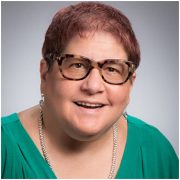 2016 is an exciting year for Robin Resumes as they enter their 10th year anniversary. The success of Robin Schlinger’s private practice is clear: not only has she proven that she can offer high-quality, job-winning resume writing services, but she is also a recognized Military Transition Expert and has trained several junior-level resume writers the trick of the trade.
2016 is an exciting year for Robin Resumes as they enter their 10th year anniversary. The success of Robin Schlinger’s private practice is clear: not only has she proven that she can offer high-quality, job-winning resume writing services, but she is also a recognized Military Transition Expert and has trained several junior-level resume writers the trick of the trade. Grounding yourself with a solid resume can better your chances during your next job interview, but what steps can you take to progress your career as a whole? Donna Sweidan, a certified Master Career Counsellor with an MA in Counselling from NYU, understands the importance of these crucial steps.
Grounding yourself with a solid resume can better your chances during your next job interview, but what steps can you take to progress your career as a whole? Donna Sweidan, a certified Master Career Counsellor with an MA in Counselling from NYU, understands the importance of these crucial steps. There aren’t too many resume writers who can claim their work has resulted in award-winning contributions to their own state or provincial government, but Karen Siwak is one of them. This Certified Resume Strategist and Certified Job Search Strategist working from Toronto, ON is one of the most in-demand resume writers in Canada with years of experience dealing with the most complex clientele.
There aren’t too many resume writers who can claim their work has resulted in award-winning contributions to their own state or provincial government, but Karen Siwak is one of them. This Certified Resume Strategist and Certified Job Search Strategist working from Toronto, ON is one of the most in-demand resume writers in Canada with years of experience dealing with the most complex clientele. If you’re looking for a creative and colourful touch to your resume, Melody Godfred and her team of writers should be at the top of your list. Godfred is a former litigation attorney and novelist, thus embracing the full spectrum of the written word.
If you’re looking for a creative and colourful touch to your resume, Melody Godfred and her team of writers should be at the top of your list. Godfred is a former litigation attorney and novelist, thus embracing the full spectrum of the written word. Twitter isn’t the little blue bird you should be looking out for if you’re in need of a resume makeover. Louise Fletcher was tired of the drab resumes that fell across her desk as an HR executive, and her resume writing company has since skyrocketed to success.
Twitter isn’t the little blue bird you should be looking out for if you’re in need of a resume makeover. Louise Fletcher was tired of the drab resumes that fell across her desk as an HR executive, and her resume writing company has since skyrocketed to success. Getting expert resume writing strategies has never been more accessible and interactive than with Julie Walraven’s Design Resumes.
Getting expert resume writing strategies has never been more accessible and interactive than with Julie Walraven’s Design Resumes.

 Grant Cooper has the privilege of being known as New Orleans’ only Certified Advanced Resume Writer, and the prestige of his clients speaks volumes on his success in the industry. From NFL football players to non-profit executive directors, Cooper has worked with a variety of high-profile cases, as well as a multitude of other professionals.
Grant Cooper has the privilege of being known as New Orleans’ only Certified Advanced Resume Writer, and the prestige of his clients speaks volumes on his success in the industry. From NFL football players to non-profit executive directors, Cooper has worked with a variety of high-profile cases, as well as a multitude of other professionals. There’s perhaps no one better to provide resume tips than a former Human Resources Manager or Operations Recruiter. Fortunately for you, Jessica H. Hernandez has 12+ years of expertise in this field, and therefore truly understands what employers are seeking.
There’s perhaps no one better to provide resume tips than a former Human Resources Manager or Operations Recruiter. Fortunately for you, Jessica H. Hernandez has 12+ years of expertise in this field, and therefore truly understands what employers are seeking. Chris Fields’ resume writing service Resume Crusade humbly began as a favor for a personal friend that has since evolved into his own top-quality professional practice. Qualified as a Master of Labor and Human Resources, Fields knows the ins and outs of the world of employment potentiality, and has lead his clients into job interviews with companies such as Google, Apple, University of Houston, Federal Express, and more.
Chris Fields’ resume writing service Resume Crusade humbly began as a favor for a personal friend that has since evolved into his own top-quality professional practice. Qualified as a Master of Labor and Human Resources, Fields knows the ins and outs of the world of employment potentiality, and has lead his clients into job interviews with companies such as Google, Apple, University of Houston, Federal Express, and more. A strong resume will help bring out your core talents, but what if those talents are yet to be discovered? The Write Solution founder and Atkinson, NC local Dawn Bugni’s personalized approach and targeted has helped a variety of her clients uncover their full potential as employees.
A strong resume will help bring out your core talents, but what if those talents are yet to be discovered? The Write Solution founder and Atkinson, NC local Dawn Bugni’s personalized approach and targeted has helped a variety of her clients uncover their full potential as employees. You know you’ve chosen the right resume writing service when they’re breaking US records! Laura Smith-Proulx is the brains and willpower behind AnExpertResume.com, which has garnered an unbelievable 30 total global award nominations as of this year.
You know you’ve chosen the right resume writing service when they’re breaking US records! Laura Smith-Proulx is the brains and willpower behind AnExpertResume.com, which has garnered an unbelievable 30 total global award nominations as of this year.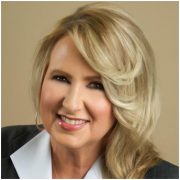 Like any form of expression, the resume is an art that comes to life when penned by a concise, talented writer, and it’s fair to say that Certified Master Resume Writer and Career Trend partner Jacqui Barrett-Poindexter is an artist in her own right.
Like any form of expression, the resume is an art that comes to life when penned by a concise, talented writer, and it’s fair to say that Certified Master Resume Writer and Career Trend partner Jacqui Barrett-Poindexter is an artist in her own right. Self-acclaimed “Word Nerd” Gayle Howard started her business Top Margin after an epiphanic moment in early 1990. After a decade in progressively responsible administrative roles, Howard found her voice by channeling her life-long passion for writing, and hasn’t turned back since.
Self-acclaimed “Word Nerd” Gayle Howard started her business Top Margin after an epiphanic moment in early 1990. After a decade in progressively responsible administrative roles, Howard found her voice by channeling her life-long passion for writing, and hasn’t turned back since. If anyone empathizes with the struggles of the everyday job-seeker, it’s Amanda Augustine. For over ten years Augustine has been working with both recruiters and potential employees, learning from the very areas her clients must navigate on their way to landing their next job offer.
If anyone empathizes with the struggles of the everyday job-seeker, it’s Amanda Augustine. For over ten years Augustine has been working with both recruiters and potential employees, learning from the very areas her clients must navigate on their way to landing their next job offer. Debra Wheatman, President of Careers Done Write, has been known for her uncanny ability to decipher her clients’ personalities and career goals to a tee, transmitting them flawlessly into a clear, compact resume.
Debra Wheatman, President of Careers Done Write, has been known for her uncanny ability to decipher her clients’ personalities and career goals to a tee, transmitting them flawlessly into a clear, compact resume. As far as qualified resume writers go, Chameleon Resumes’ President and Cornell University graduate Lisa Rangel is among the best. Like most professionals, Rangel is a Certified Professional Resume Writer; however, she has an additional 8 certifications ranging from SEO Networking to Employment Interview Consultancy.
As far as qualified resume writers go, Chameleon Resumes’ President and Cornell University graduate Lisa Rangel is among the best. Like most professionals, Rangel is a Certified Professional Resume Writer; however, she has an additional 8 certifications ranging from SEO Networking to Employment Interview Consultancy. Based out of Maitland, Florida, Rosa E. Vargas is the Executive Resume Writer for CareerSteering.com. She is one of the few resume writers holding a Certified Master Resume Writer qualification, and is pushing herself to new strides in her field, earning 17 honours in resume writing, hiring management and human resources.
Based out of Maitland, Florida, Rosa E. Vargas is the Executive Resume Writer for CareerSteering.com. She is one of the few resume writers holding a Certified Master Resume Writer qualification, and is pushing herself to new strides in her field, earning 17 honours in resume writing, hiring management and human resources. Robert Dagnall is the President of the appropriately-named Resume Guru and has personally assisted over 7,000 clients over the past 24 years. Working out of the San Diego area, his light, humorous style is bound to catch any employer’s attention.
Robert Dagnall is the President of the appropriately-named Resume Guru and has personally assisted over 7,000 clients over the past 24 years. Working out of the San Diego area, his light, humorous style is bound to catch any employer’s attention. Saving one of the best for last, Donna writes resumes for business executives. Her background in retained search and her financial expertise, honed by years at Deloitte, let her tell executives’ stories in a manner that resonates in the C-suite and beyond.
Saving one of the best for last, Donna writes resumes for business executives. Her background in retained search and her financial expertise, honed by years at Deloitte, let her tell executives’ stories in a manner that resonates in the C-suite and beyond. Cameron MacDonald is a writer, freelancer and researcher based out of Toronto, ON. He is a recent BA (Hons) English graduate from Ryerson University and is currently a Research Assistant at the Modern Literature and Culture Research Centre.
Cameron MacDonald is a writer, freelancer and researcher based out of Toronto, ON. He is a recent BA (Hons) English graduate from Ryerson University and is currently a Research Assistant at the Modern Literature and Culture Research Centre.